Nigeria
Nigeria has started a crack down on small traders who account for almost half of Africa’s biggest economy but don’t pay taxes.
President Muhammadu Buhari wants to squeeze the sector to boost tax revenues by 33 percent this year to offset a slump in oil revenues that has plunged Africa’s top crude producer into its worst crisis for decades.
Authorities in Lagos, a city of 21 million, are sending officers on street patrols to register entrepreneurs and make them pay tax for the first time.
According to data from Nigeria’s National Bureau of Statistics (NBS), the informal sector accounts for 48 percent of the economy and amid the ongoing crisis in the country’s economy, it could turn into a vital revenue source.
But they face a big challenge as most entrepreneurs spend what they earn to survive without keeping accounts.
Nigeria targets elusive small traders in new tax drive https://t.co/ifp1n5rSQV pic.twitter.com/4aiFRWVMfn
— Business Nigeria (@NigerianBizNews) April 4, 2016
Lagos state, which generates a third of Nigeria’s $500 billion Gross Domestic Product, has set up a special court to try those chased down by a new “Rapid Tax Prosecution Unit”.
Large firms have begun receiving phone calls from officials demanding tax returns. The Federal Inland Revenue Service (FIRS) has used full-page newspaper adverts to warn that companies that fail to file returns will be punished after April 1.
As a result, Lagos state tax collections rose by 12 percent in January, officials say.
For 2016, the government has set the FIRS a tough target of raising 4.95 trillion naira ($25 billion) in taxes, up from 3.73 trillion last year.
“The common agreement among all economists is that explore the tax base, not the amount you charge but the base so that at least you bring more people to the tax net so that it can generate more revenue for the nation,” said Nigerian Economic Summit Group (NESG) CEO, Jaiyeola Laoye.
Revenue leakages: FG to review its tax incentive policieshttps://t.co/iJjJmbCt7b
— The Nation Nigeria (@TheNationNews) April 4, 2016
According to Nigeria’s National Bureau of Statistics (NBS) there were 37 million informal sector businesses in Nigeria in 2015 which employed 60 million people, about 84 percent of the country’s workforce in Africa’s most populous nation of 180 million inhabitants.
“The bulk 85 percent of employers of labours are in this MSMEs so they are the ones growing in number. Now and unfortunately, most of them are not captured in our database. In fact, if you want to go and register a corporate name you know how long it takes? The processes are long, the cost is unreasonable, if you want to do permits, there are too many bottlenecks, 13 different processes you go through,” said Laoye.
Officials say formalizing the sector requires offering incentives to business people to enter the formal system and pay taxes, citing the hypothetical example of farmers being offered free fertilizer and other subsidies if they register a business and pay taxes.
NBS officers use GPS technology to map shops and other small firms street by street to help direct tax officers. But stricter rules may not be enough to increase tax revenues.
To encourage cooperation, Buhari’s government plans an “enlightenment” campaign to persuade small-scale entrepreneurs on the importance of paying tax.
Analysts say Nigeria must get a grip on tax and the informal economy to avoid jeopardising its credit rating. A dollar shortage has forced firms onto the black market to find hard currency to fund imports, pushing transactions outside the banking system and beyond the reach of tax authorities.




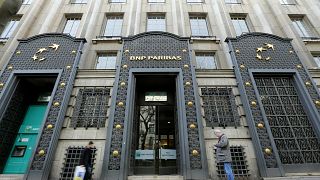
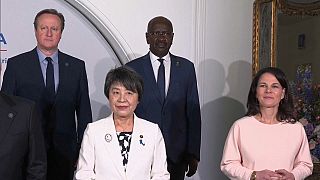
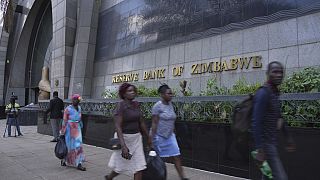
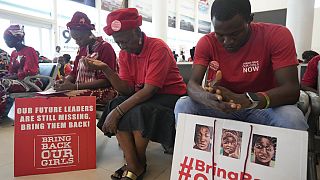

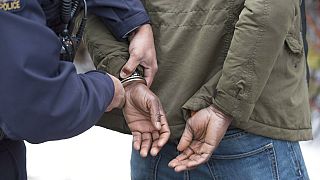
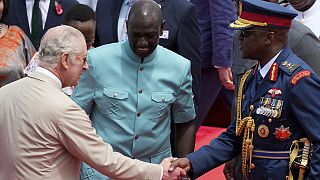
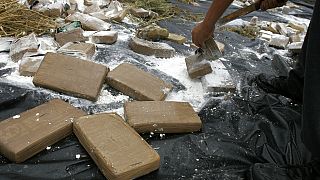

01:05
A Nigerian chess champion is trying to break the world record for the longest chess marathon
01:13
Kenya power delivers cheaper electricity bills for residents
01:02
Pics of the day: April 15, 2024
02:46
Nigeria: chibok abduction anniversary spurs demands for justice
02:41
Lagos marks 10th anniversary of chibok kidnapping
02:44
Addressing Nigeria's Mental Health Challenge Amidst Economic Hardship